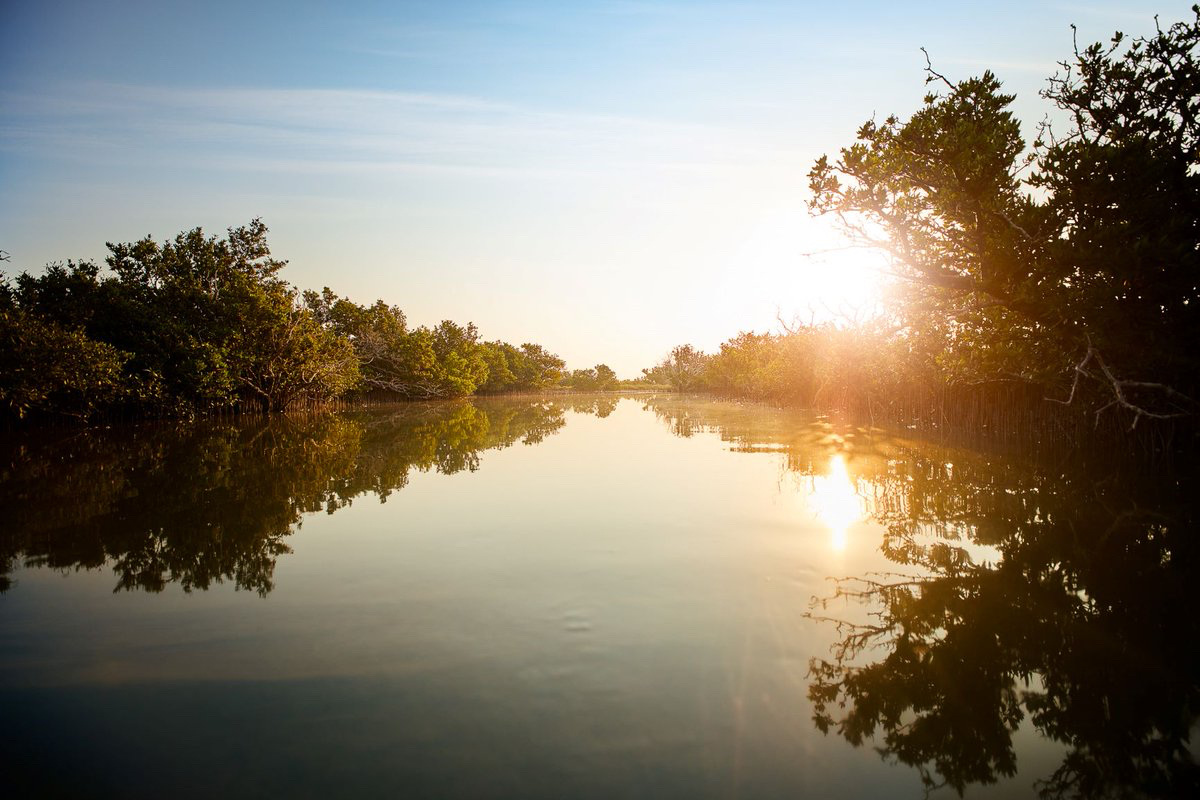The non-profit policy research and advocacy centre will leverage its membership to work collaboratively with other members and share its own expertise.
Qatar’s Eartha Center for a Sustainable Future (Earthna) has joined an international coalition of experts, conservation organisations and societies to bolster efforts to safeguard Qatar’s coastal habitats.
On Wednesday, the Qatar News Agency announced that Earthna, a subsidiary of Qatar Foundation, is now a member of the Global Mangrove Alliance.
“Earthna will leverage collective expertise and resources to help safeguard these critical coastal habitats here in Qatar, and worldwide,” Gonzalo de la Mata, Executive Director at Earthna, said.
The non-profit policy research and advocacy centre will also share its expertise and resources with fellow members and collaborate on projects aimed at mangrove preservation.
De la Mata also emphasised how important mangroves are for our environment.
“They absorb high-levels of carbon, buffer against the impacts of climate change like storm surges and sea level rise, support biodiversity, improve water quality, and prevent coastal erosion,” he added.
Mangrove ecosystems store significant amounts of carbon in the soil, their leaves and branches. One hectare of mangroves alone can store upwards of 3,754 tonnes of carbon.
Mangroves thrive abundantly in Qatar’s Al Khor and Al Thakhira regions. Amidst the surrounding desert, Al Thakhira’s mangroves spread across a wide area. Qatari Law No. 6 of 2006 designates Al Thakhira as a wildlife reserve.
Mangrove trees that grow on seawater are present year-round in the region, which is around 64 kilometres from Doha. When submerged in extremely salty seawater, mangroves breathe, grow, and transform the salty water into fresh water that they can consume.







